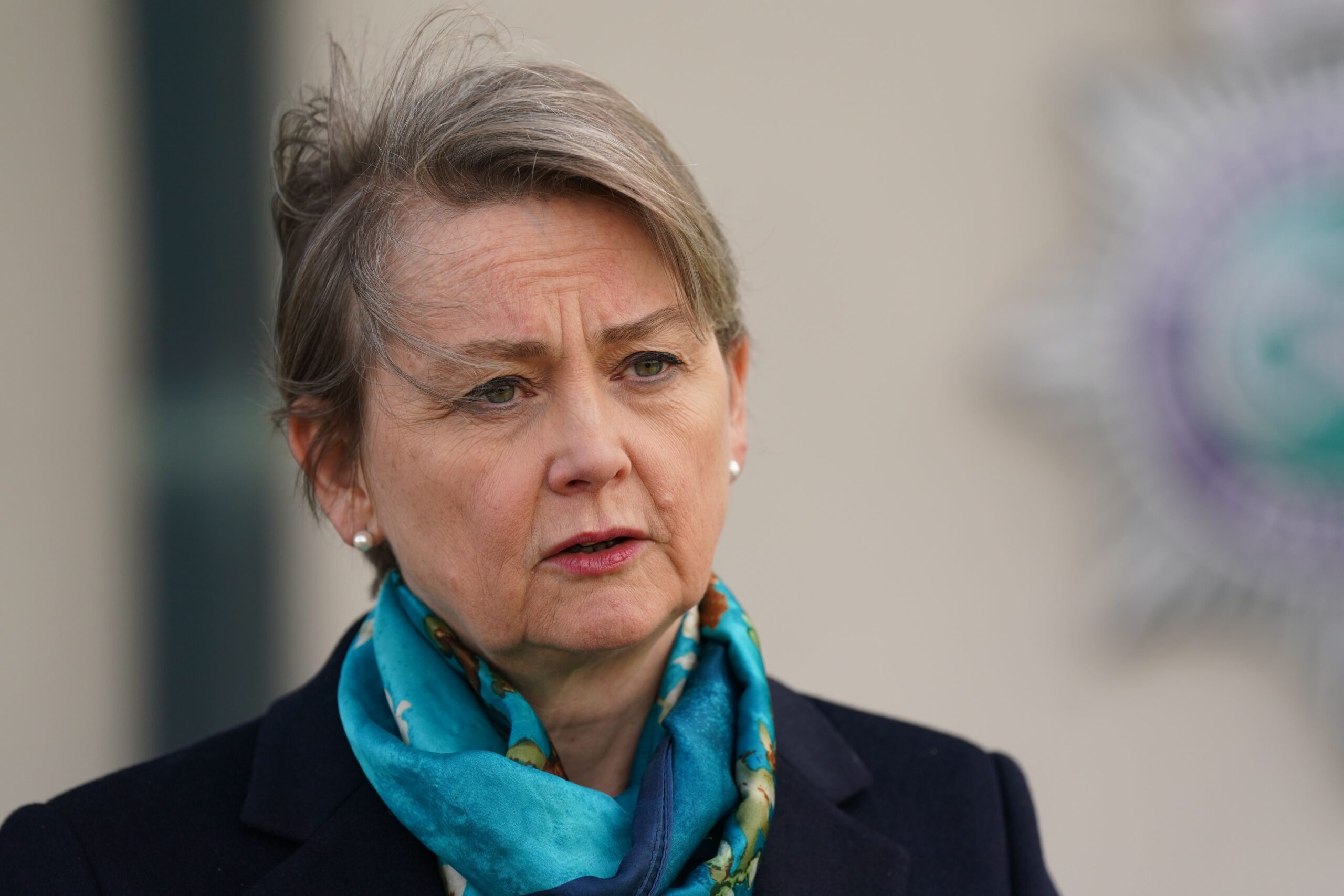Sir Keir Starmer has confirmed that he will order a new public inquiry into grooming gangs despite previously dismissing calls from opponents.
The prime minister said he believes an inquiry is now the “right thing to do” after receiving an independent report on the scandal by crossbench peer and the government’s lead non-executive director Baroness Louise Casey.
Following his announcement, Yvette Cooper delivered more detail on the plans in Parliament, calling the findings of Ms Casey’s report “damning.”
The home secretary said: “At its heart, she identifies a deep rooted failure to treat children as children, a continued failure to protect children and teenage girls from rape, from exploitation and serious violence and from the scars that last a lifetime.
“She finds too much fragmentation in the authorities’ response, too little sharing of information, too much reliance on flawed data, too much denial, too little justice, too many criminals getting off too many victims being let down.”
What will the new inquiry do?
Public inquiries are official investigations that can only be established by a UK or devolved government minister, and are carried out by an independent body. It is expected to take around three years, Ms Cooper confirmed in Parliament.
The new inquiry into grooming gangs will be statutory, meaning investigators will have special powers to compel testimony or release of certain forms of evidence. Examples of recent statutory inquiries include the Infected Blood inquiry and the Post Office Horizon IT Inquiry.
After establishing what happened and who is to blame, the inquiry will present a list of recommendations to prevent the issue from happening again.
A No 10 spokesperson said: “What this inquiry will do is build on the work carried out by Alexis Jay and her independent inquiry to child sexual abuse, but look specifically at how young girls were failed so badly by different agencies on a local level, strengthening the commitment we made at the start of this year to carry out locally-led inquiries.
“By setting up a new inquiry under the inquiries act with statutory powers to compel witnesses, the local authorities and institutions who fail to act to protect young people will not be able to hide and will finally be held to account for their action.”
Why has the decision been called a U-turn?
Many have called the prime minister’s decision a U-turn, as it comes just a few months after he publicly resisted calls to launch an inquiry into grooming gangs.

Pressure over the issue intensified after X owner Elon Musk targeted Labour ministers on his social media platform in late December and early January, accusing them of covering up crimes “out of political correctness.”
The Trump ally and world’s richest man went on to say Sir Keir was “guilty of complicity” and call Jess Phillips a “rape genocide apologist.”
The prime minister hit back at the time: “Those that are spreading lies and misinformation as far and as wide as possible, they’re not interested in victims … they’re interested in themselves.”
He also criticised politicians who ‘jump on the bandwagon’ and ‘amplify the far right,’ as Conservative leader Kemi Badenoch and Reform MP Rupert Lowe had publicly backed the calls made by Mr Musk.
Responding to the criticism, ministers also pointed to local inquiries into sexual exploitation that have been carried out since 2010 in places including Birmingham, Oldham, Rochdale, and Telford, as well as an independent inquiry into child sexual abuse by Professor Alexis Jay which concluded in 2022.
No 10 initially signalled that it was still planning to implement the recommendations made in this inquiry, pointing out that the previous Conservative administration had failed to begin doing so.
However, Sir Keir then also confirmed he would ask Ms Casey to carry out a review examining data not available to Prof Jay’s inquiry.

And unlike that inquiry, she was also charged with looking into the ethnicity and demographics of abusers and victims, alongside “the cultural and societal drivers for this type of offending, including among different ethnic groups”.
When did the the grooming gangs scandal begin?
The scandal around grooming gangs in the UK dates back to 2001 when the names of taxi drivers who allegedly picked up girls from care homes in Rotherham to abuse them were passed to the police and council. The first convictions were not until 2010, and the latest in 2024, for a total of 61.
An investigation by The Times in 2011 put forward that local authorities in Rotherham had known about the abuse for over ten years. The story put pressure on the local council to order Prof Alexis Jay’s inquiry into child sexual abuse in Rotherham in 2013.
A year later, this inquiry found that 1,400 children were sexually abused between 1997 and 2013 by predominantly British-Pakistani men.
The same year, then home secretary Theresa May commissioned the Independent Inquiry into Child Sexual Abuse in England and Wales following the Jimmy Savile scandal. Prof Jay became the chair after three others resigned.
This report was published eight years later, in 2022. It found police and councils had downplayed the scale of the problem, and that children were regularly blamed for their abuse.
Its recommendations included mandatory reporting of child sexual abuse by people working with children, a financial compensation scheme for victims, and a new child protection authority.
Since 2013 there have been 10 inquiries and reports into grooming gangs in Britain. As well as Rotherham, these related to Birmingham (2010), Rochdale (2013), Oxfordshire (2015), Oldham (2019, 2022), Telford (2022).
In January 2025, the government announced that £5m would be made available to fund local grooming gang inquiries in Oldham, and up to five other areas. It is thought these will now be folded into the newly-announced national statutory inquiry.
